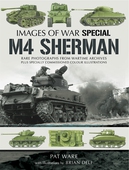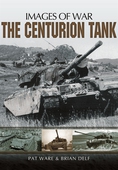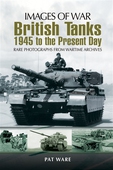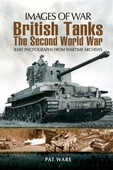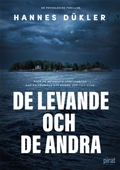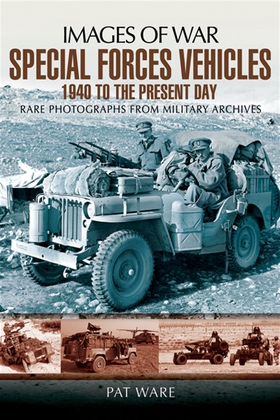
Lägg till önskelistan
Special Forces Vehicles (Images of War) e-bok
Pris
115 kr
What is the ideal vehicle for special forces operations, for dangerous missions performed by small units of highly trained troops often working in enemy territory, behind enemy lines? And which vehicles have the world’s armies selected, adapted and developed since modern special forces established themselves as a key arm of the military during the Second World War?
Pat Ware, in this authoritative and highly illustrated book, uses all his expert knowledge of the history of military veh...
E-Bok
115 kr
Pris
Förlag
Pen and Sword
Utgiven
23 Februari 2021
Längd
128 sidor
Genrer
Historia & Arkeologi, Fackböcker
Serie
Images of War
Språk
English
Format
epub
Kopieringsskydd
Vattenmärkt
ISBN
9781783038978
What is the ideal vehicle for special forces operations, for dangerous missions performed by small units of highly trained troops often working in enemy territory, behind enemy lines? And which vehicles have the world’s armies selected, adapted and developed since modern special forces established themselves as a key arm of the military during the Second World War?
Pat Ware, in this authoritative and highly illustrated book, uses all his expert knowledge of the history of military vehicles to show the fascinating variety of machinery that has been used, from converted Jeeps and Land Rovers to a bizarre collection of even more remarkable, sometimes purpose-built strike vehicles – the Scorpion, Cobra and Supacat Jackal, the LRDG Chevrolet, the Mechem, the Pinzgauer and the Warrior among them.
As well as describing the anatomy of the typical special forces vehicle, with particular reference to the iconic SAS Jeeps and the Land Rover 'Pink Panther', he illustrates all of the known special forces vehicles, giving technical data, including information on power units and transmission, type of weapons, auxiliary equipment, armored protection, speed and mobility, and weight. He also explains the nature of special forces and describes their historic origins, with emphasis on units such as the LRDG, the SAS and Popski's Private army during the Second World War, and he looks at modern special forces and their role.

